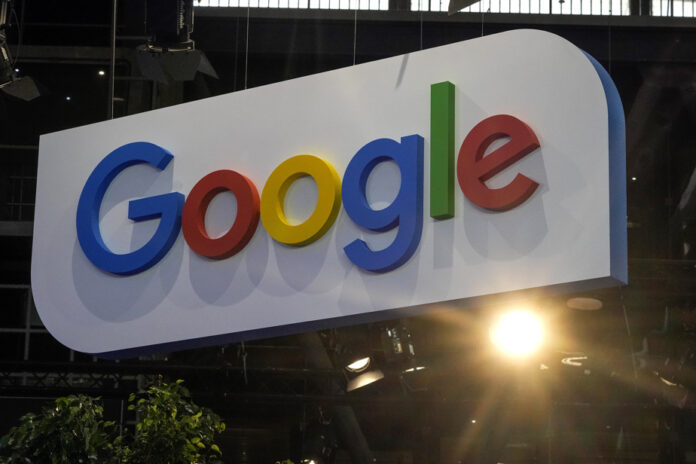The regulatory project put forward by Ottawa as part of its Online News Act does not satisfy the digital giant Google.
The company, which had until now refrained from publicly commenting on the regulatory proposal since its publication in September, has now submitted its impressions to the federal government as part of a consultation on the subject.
The comments are expected to be made public in full soon, but already, Google reported Monday that the Trudeau government’s proposal has not allayed its concerns about Bill C-18, or the Online News Act.
“Unfortunately, the proposed regulations do not sufficiently address the critical structural issues of C-18 which, regrettably, were not addressed during the legislative process,” a company spokesperson told The Canadian Press .
Google, which has been in discussions in recent weeks with the Trudeau government, says it “fears that these fundamental problems cannot be resolved through regulation and that legislative changes may be necessary.”
This law, which is due to come into force next December, aims to force digital giants to enter into compensation agreements with news media for sharing their content.
The draft regulations presented in September clarified that any platform with a turnover of at least one billion Canadian dollars per year and with a minimum of 20 million users in Canada each month will be subject to the law.
Ottawa expects Google and Facebook to fall under C-18 based on their revenues, but has indications that this is not the case for Instagram. However, to be targeted, a digital giant must also allow the sharing of news.
Meta, the parent company of Facebook and Instagram, will therefore escape this if it continues to prevent the sharing of journalistic content for Canadian users of its platforms, as it has been doing since August.
Same thing if Google decides to move forward with a similar block, as the company has already threatened to do.
“We have been and will remain engaged and transparent with the government about our concerns and we await the publication of the final regulations,” it was argued on Monday.
By unveiling its regulations aimed at clarifying the scope of C-18 in September, Ottawa hoped to respond to concerns and requests from digital giants.
Meta almost immediately expressed its refusal, unlike Google.
“The regulations proposed today will have no impact on our business decision to end the availability of information in Canada,” it was decided.
The exact contribution to be paid for any digital company to be subject to Bill C-18 will be established based on a formula which could still be modified.
Under the current federal proposal, compensation will be based on the amount of the company’s overall revenue multiplied by Canada’s share of global GDP, then multiplied by 4%.
Non-monetary contributions, such as training, may be taken into account in the calculation.
To be considered fair, an agreement must provide for compensation that is within a range of at least 20% of the average, for all agreements, of the ratio between the compensation paid and the amount representing the journalists’ salaries full time.
C–18 aims to encourage digital companies to voluntarily reach an agreement with a range of players, including local media, otherwise they would have a negotiation framework imposed on them.















